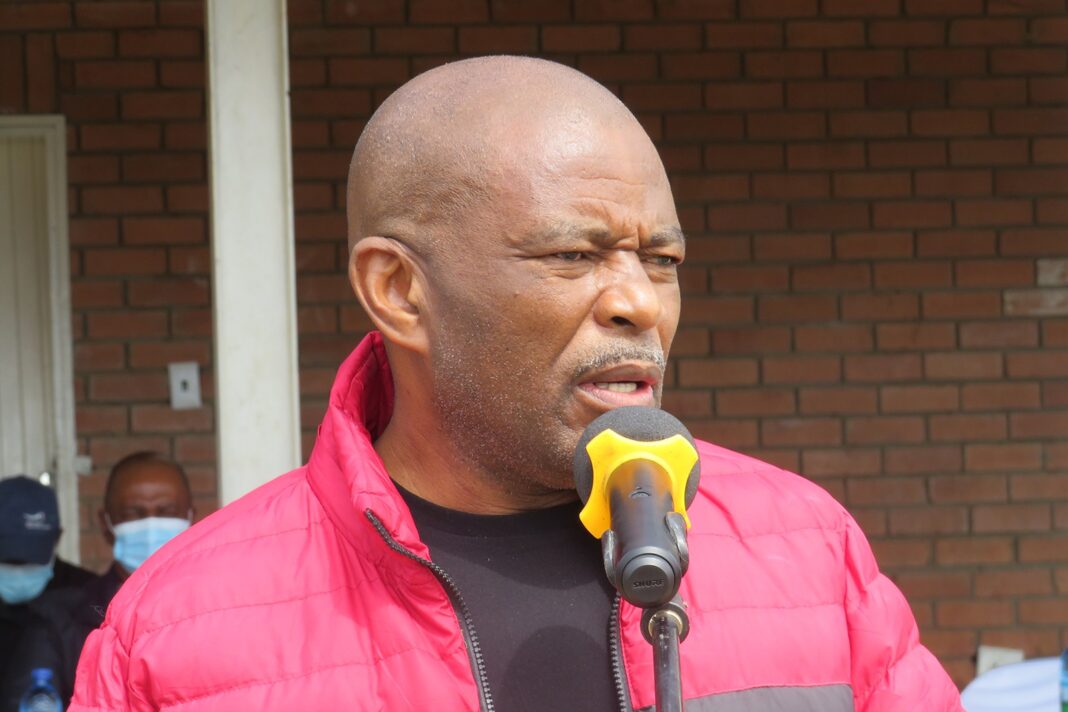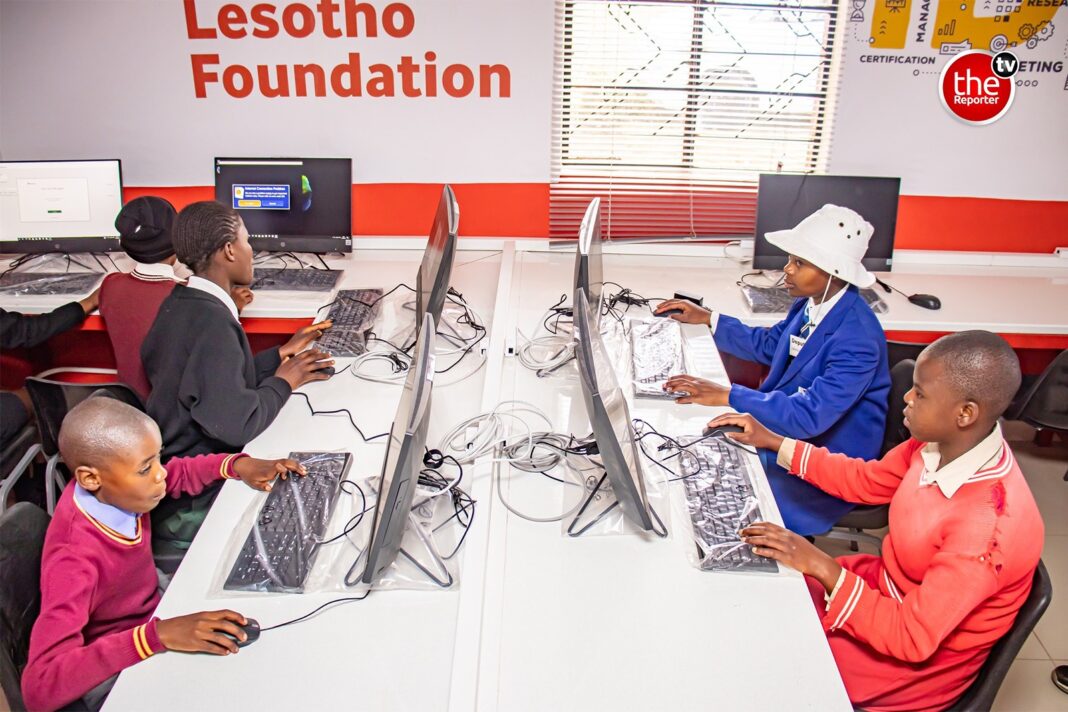By Seleoe Nonyane
Pupils in some rural and hard-to-reach areas in the country do not receive quality education because of qualified teachers shying away from tutoring in those areas, it has emerged.
According to the World Bank Group, achieving universal primary education and “Education for All” (EFA) is one of the development priorities within the context of the millennium development goals. In many Sub-Saharan African countries, one of the key challenges is to provide good-quality basic education to the 10-20 percent of primary school-age children who are still out of school.
Most of these pupils who are denied quality education due to teachers shunning to apply for vacant posts to teach in the rural settings live in remote and hard to reach places.
In recent years, large investments have greatly improved school infrastructure and access, but finding effective ways of filling some posts to teach in rural schools in the mountainous country is a nagging issue.
It has been discovered that some qualified teachers have lost interest to teach in those rural schools due to some unbearable living conditions in those settings resulting in learners not receiving quality education.
It is the right of a child to receive quality education.
According to the ministry of education and training principal secretary Dr Dira Khama has weighed in to confirm that many professional teachers do not have the zeal to teach at such schools “where one does not live comfortably.”
Khama also observed that the quality of education at these schools is not good as unqualified teachers people take the jobs just to feel the gap as a consequence pupils and students do not acquire quality education.
He further said that investing in these schools becomes difficult due to the number of pupils who attend these schools.
“Sometimes the total number of pupils who go to these schools is very small. In some schools, you will find out that about 20 pupils attend school.
“Therefore, this number is very small for the schools to get investments,” he said.
He said that as the ministry they are working towards finding solutions that will help curb this problem.
“We are thinking of building schools with good infrastructure and gather all these pupils who come from these schools that are hard to reach in that school.
“It should be a boarding school where they will be there full time to learn and return home for school holidays and they will also be fed,” Khama explained.
The director for the Teaching Service Department (TSD) Komane Motaba said that the real challenge is the lack of funding which can enhance good infrastructure. As a result, he added, vacancies at schools in these areas take longer to fill or are not filled at all leaving children’s education in shambles.
He specifically urged for proper planning ahead of constructing schools in certain areas especially in these remote districts, noting that the number of learners to possibly attend such schools should be highly considered.
Motaba remarked that construction of a classroom is very expensive estimating that construction of two classrooms might cost in the region of over M1 million.
“Integrated planning can be a valuable solution,” he said while calling for corporation among the concerned parties involved in enhancing education among learners.
The principal of Long Primary School in Thaba-Tseka Simollang Tjokosela lamented a concerning shortage of teachers in his school due to poor infrastructure. This, he noted, has led to capable and trained teachers shying away from being engaged at the facility.
He said that there is no electricity in the village making it difficult for accessing communication network plunging the school into poor teaching service.
He said recently the school engaged six new teachers who are on a six-month contract which he fears might not be renewed. The school had two teachers with in intake of 95 learners.
Tjokosela said that when a vacancy needs to be filled he always comes “across teachers who do not seem to be interested in coming to teach when they are informed of the location of the school.”









